Old Faces, New Addresses: Why Abayev Is in Moscow and Atamkulov in Tashkent
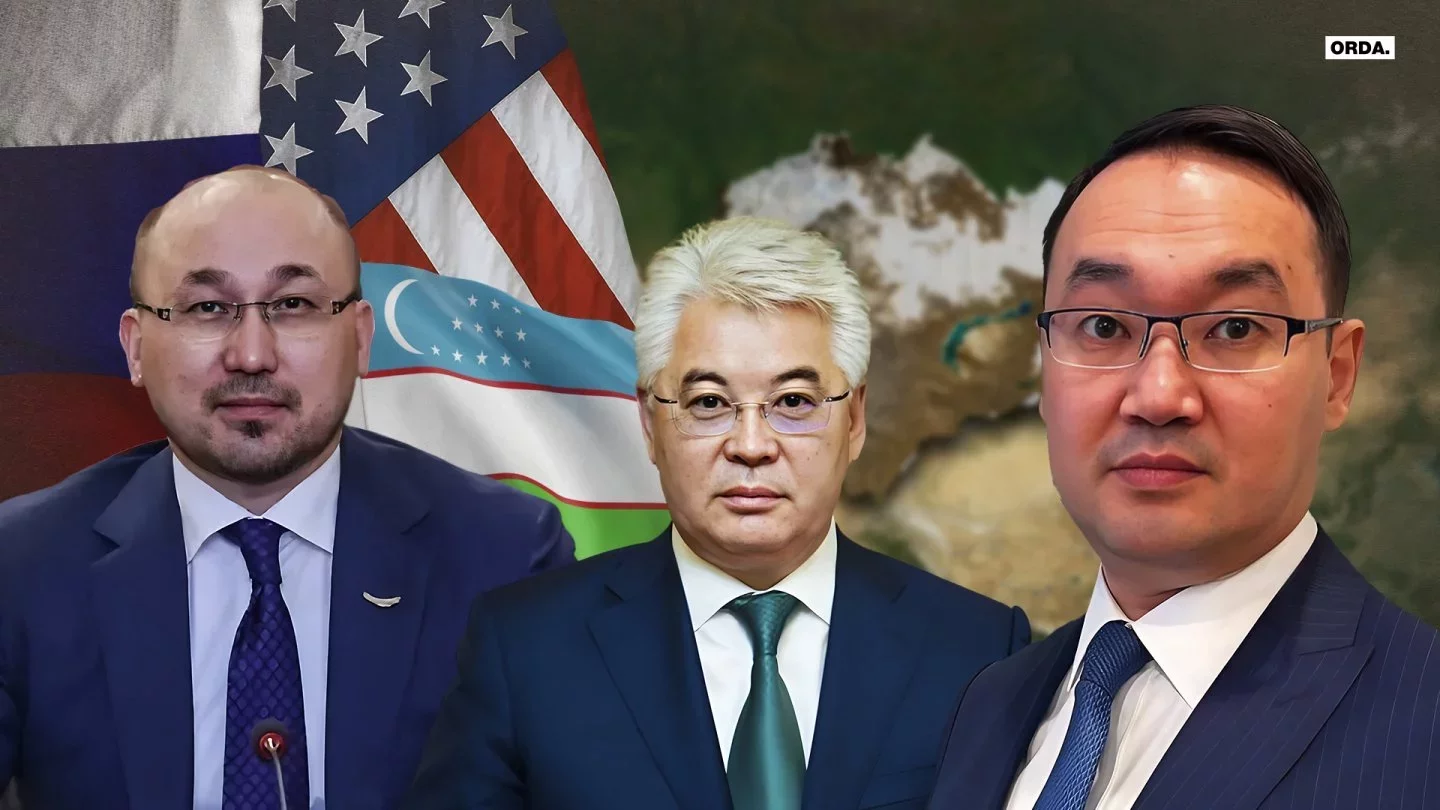 Photo: Orda collage
Photo: Orda collage
Following the January Events and the subsequent transition of power, several prominent figures from Kazakhstan’s previous political era quietly left to take up diplomatic posts.
The long-standing tradition of sending politically sensitive or influential figures abroad — once characteristic of “Old Kazakhstan” — appears to have returned under President Qasym-Jomart Toqayev.
While former president Nursultan Nazarbayev often sent potential rivals overseas or into retirement, Toqayev has applied the same approach to members of Nazarbayev’s own circle.
Orda.kz examines which representatives of the old elite now head Kazakhstan’s embassies in key countries.
Dauren Abayev — Russia
A longtime loyalist of Nursultan Nazarbayev, Dauren Abayev served as the president’s press secretary, Minister of Information and Social Development, and later Minister of Culture and Sports. In 2023, he was appointed Kazakhstan’s ambassador to the Russian Federation.
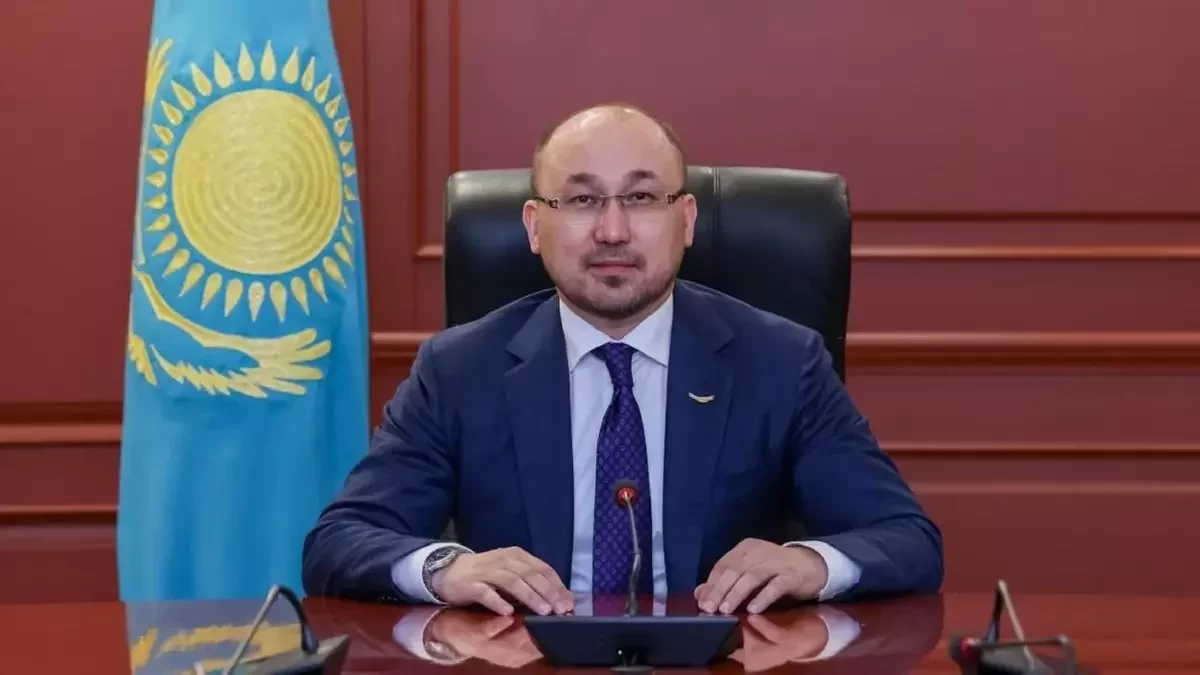
Although Abayev has not been implicated in major corruption scandals, his tenure was marked by controversies over media regulation, press freedom, and his widely criticized remark about “caveman nationalism” during debates on language policy.
His move to Moscow is seen as both a continuation of his diplomatic career and a quiet political retreat.
Beibut Atamkulov — Uzbekistan
Beibut Atamkulov remains one of the most controversial figures among Kazakhstan’s diplomats. Over his career, he has held several high-level posts — including Minister of Foreign Affairs, Minister of Defense and Aerospace Industry, and Minister of Industry and Infrastructure Development.
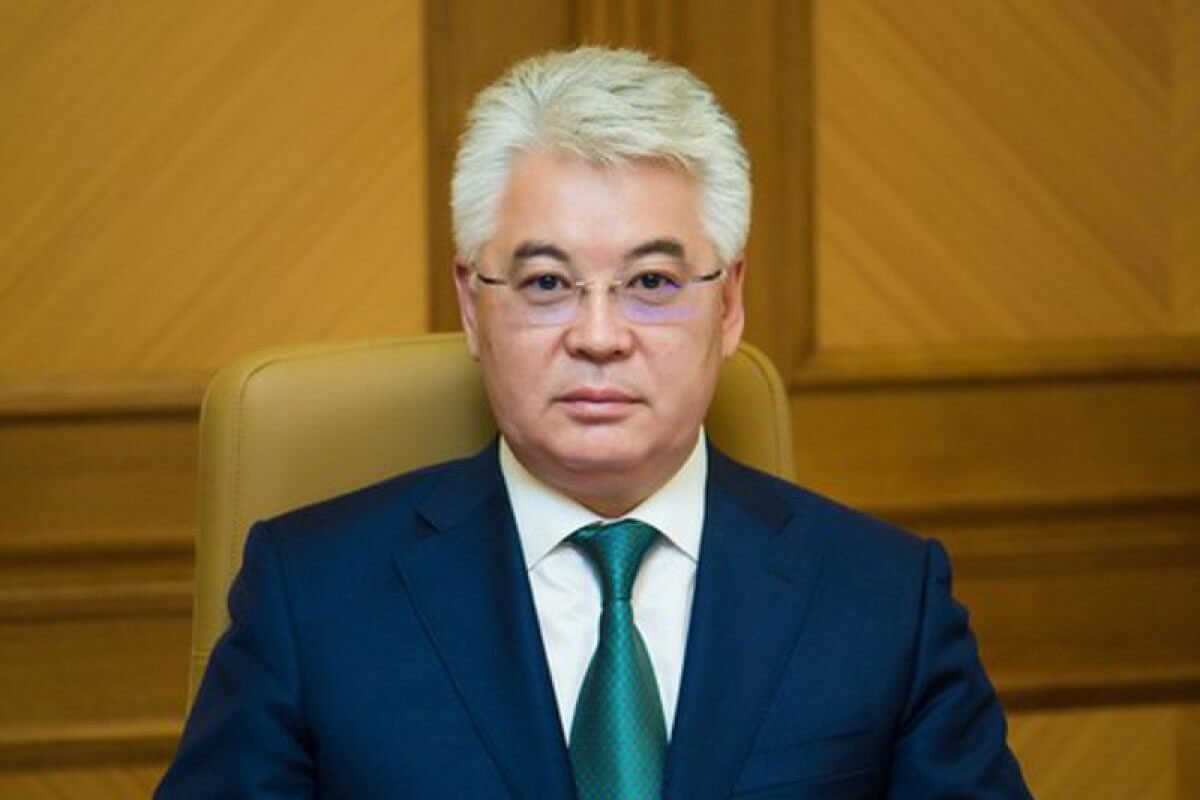
In 2017, his name appeared in the Paradise Papers linked to the Maltese offshore company Centraz Finance Ltd. While Atamkulov denied wrongdoing, the revelation raised questions about his business ties prior to entering public service.
It was news and a revelation to me that, thanks to a journalistic investigation, I discovered that I was listed in the relevant company's books. In 2006, when I joined the civil service, in accordance with the laws and regulations in our country, I surrendered all my assets, transferred them to management, sold assets, some shares, and transferred everything to a trust. Before that, I had been in business for quite a long time, Atamkulov told journalists at the time.
During his ministerial career, Atamkulov faced multiple crises:
- KADEX-2018: After a fatal accident at an exhibition, he apologized following public backlash over his comments blaming the victim and visited the family.
- Bek Air Crash (2019): Though not directly responsible, his ministry faced criticism for weak aviation oversight.
- Modular Hospitals (2020–2022): Under his ministry’s supervision, several high-cost COVID-19 hospitals were later found to have technical defects and inflated prices.
In January 2021, the anti-corruption service confirmed the embezzlement of four billion tenge during the construction of a modular hospital in Almaty. BI Group publicly denied involvement in the theft (the case also involved officials from the akimat).
In 2022, BI Group CEO Aidyn Rakhimbayev admitted in an interview that the Almaty hospital, built for 5.5 billion tenge, was assembled from used modules with an estimated cost of 1.9 billion tenge.
The Ministry of Industrial Development, under Atamkulov's leadership, claimed that the contractors were selected by the local governments. However, it was the Ministry of Industrial Development that was responsible for construction regulations, standards, and estimates.
Despite this record, Atamkulov’s appointment as ambassador to Uzbekistan appears to have provided him with a comfortable diplomatic landing — and distance from domestic scrutiny.
Madi Atamkulov — Serbia
Beibut Atamkulov’s brother, Madi, is also a career diplomat. Formerly Chief of Protocol to the President (2015–2021), he now serves as Kazakhstan’s ambassador to Serbia. His appointment reflects the continued presence of family-linked figures from the Nazarbayev era in the diplomatic corps.
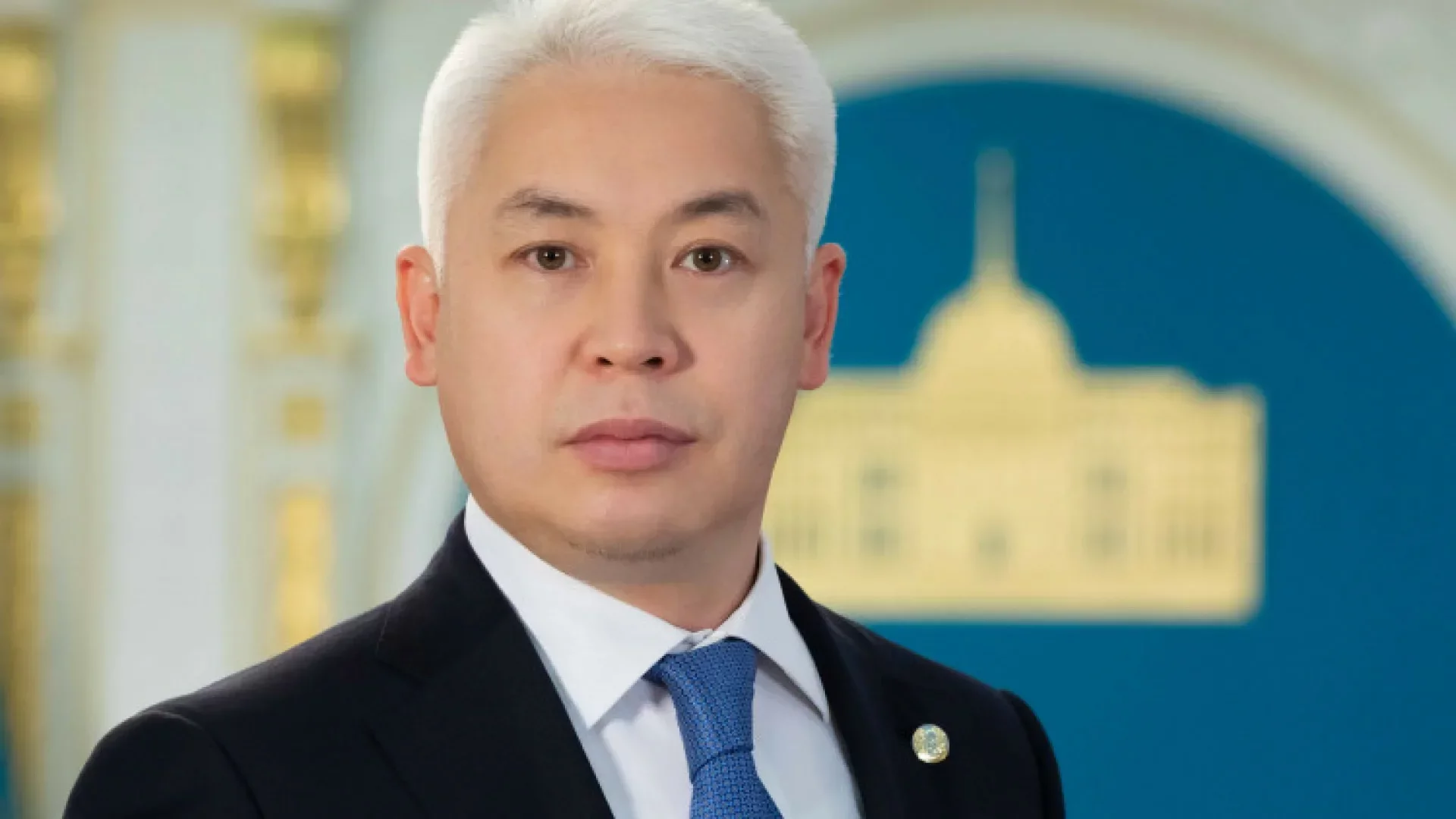
Imangali Tasmagambetov — Russia / CSTO
A rare figure who combined popularity and senior experience, Imangali Tasmagambetov was widely viewed as one of Nazarbayev’s strongest potential successors. In 2017, Nazarbayev appointed him ambassador to Russia “at his own request,” a move many analysts interpreted as a strategic exile.
He was dismissed in 2019 upon reaching retirement age.
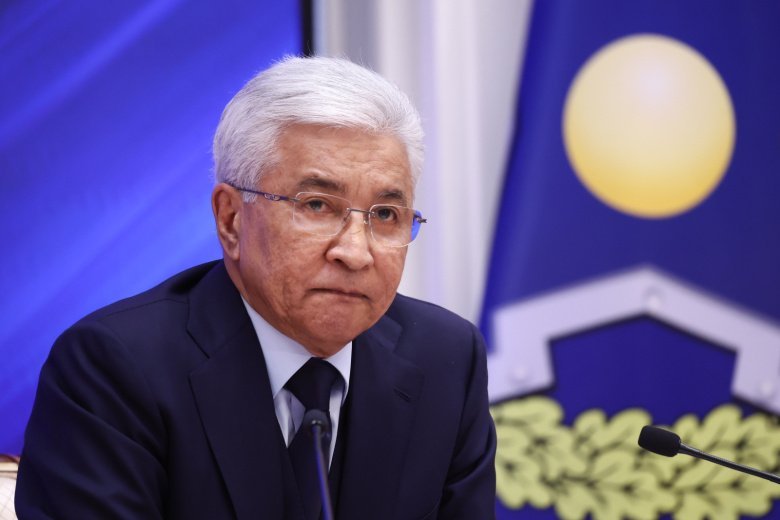
In 2023, Tasmagambetov reemerged on the international stage as Secretary-General of the Collective Security Treaty Organization (CSTO).
While the post restored his visibility, it carries little influence within Kazakhstan itself.
Nurlan Onzhanov — Germany
A senior figure in Aqorda from 2014 to 2022, Nurlan Onzhanov served as presidential aide and chief of staff before returning to diplomacy as ambassador to Germany.
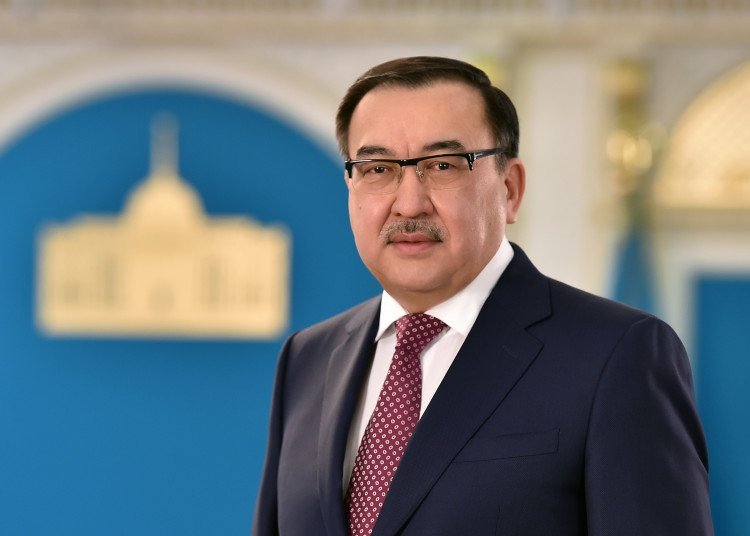
Previously, he held ambassadorial positions in Denmark.
His reappointment symbolizes the quiet reallocation of experienced Nazarbayev-era bureaucrats under Toqayev.
Malik Murzalin — Georgia
Former Akim of Aqmola Region and later Deputy Head of the Presidential Administration, Malik Murzalin was appointed ambassador to Georgia in December 2022.
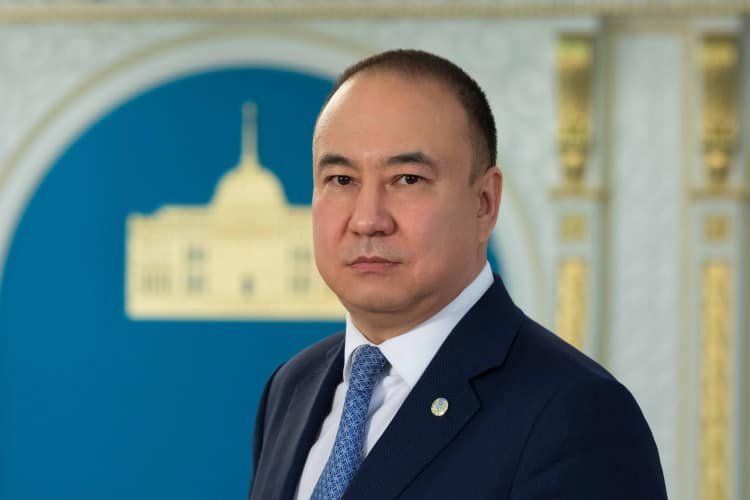
While not associated with scandals, he has faced typical local-level political criticism during his tenure as regional head. His move to Tbilisi is viewed as another example of relocation from domestic administration to foreign service.
Yerzhan Ashykbayev — USA / Ministry of Foreign Affairs
A career diplomat and senior official from the previous era, Yerzhan Ashykbayev has managed to integrate into Toqayev’s “New Kazakhstan.” He served in key posts within the Presidential Administration and the Ministry of Foreign Affairs and later as ambassador to the United States.
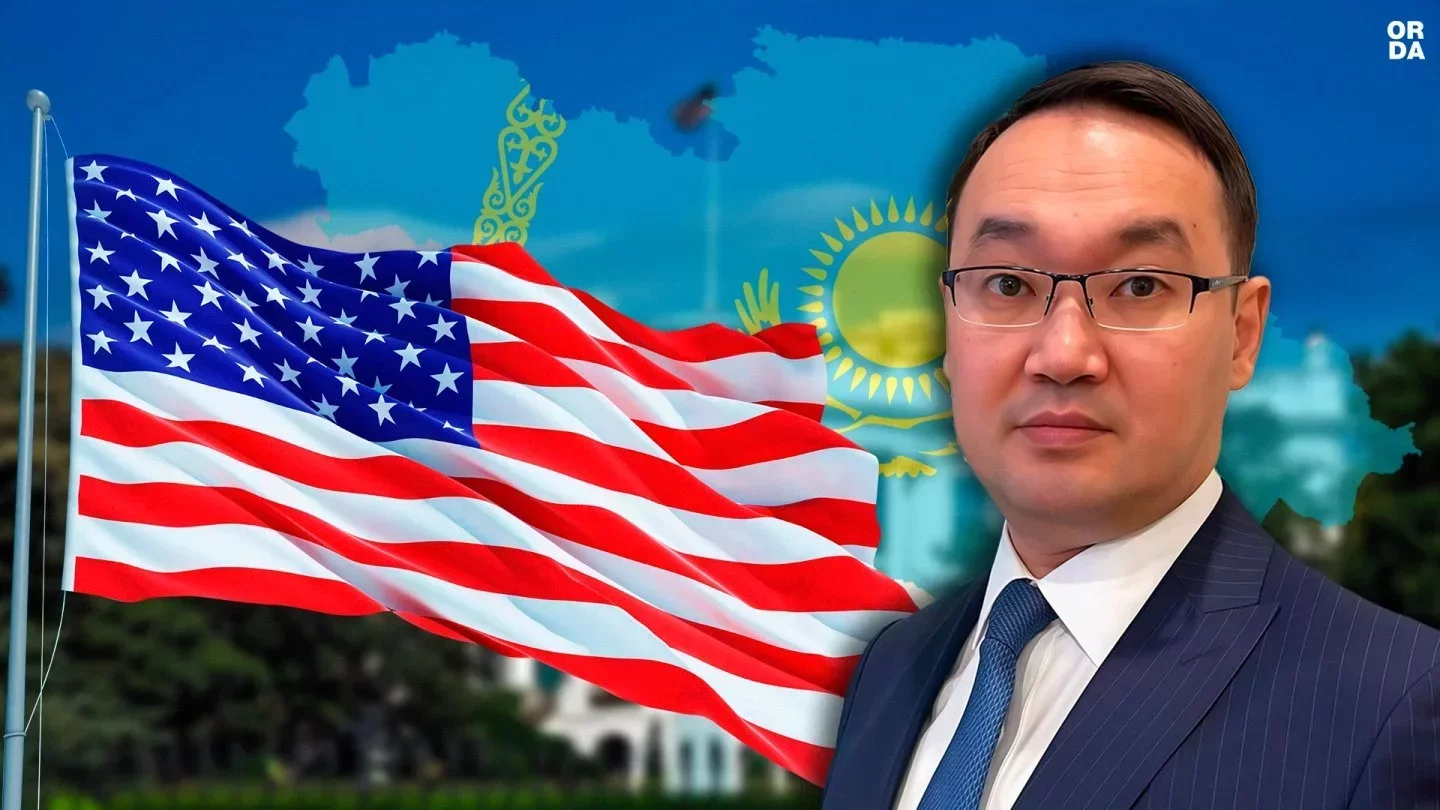
In late September 2025, Toqayev dismissed Ashykbayev. However, he was reappointed in October as Deputy Foreign Minister — signaling that, despite the reshuffle, the administration still values experienced technocrats from the Nazarbayev period.
Analysis
After the January 2022 unrest and subsequent restructuring of the elite, the government sought to reduce friction within the political system. By transferring well-known but controversial figures abroad — particularly to strategic posts in Moscow, Tashkent, Berlin, Tbilisi, and Washington — the administration effectively removed influential Nazarbayev-era officials from domestic politics while maintaining their utility abroad.
This strategy, part exile and part redistribution, underscores the continuity between Kazakhstan’s old and new political orders — and how diplomacy remains a tool for managing political balance at home.
Original Author: Ilya Astakhov
Latest news
- Moscow, Washington, and Kyiv Clash Over Terms of Possible Ukraine Ceasefire
- Azerbaijan and Kazakhstan: President Aliyev Arrives in Astana
- Kazakhstan: Musicologist and Honored Artist Yuri Aravin Passes Away at 85
- Village Akim and Police Major Convicted of Bribe Scheme in Pavlodar Region
- Kazakh Gas Output Falls After Drone Strike on Russian Plant
- Armenian Anti-Corruption Committee Arrests Gyumri Mayor and Officials on Bribery Charges
- Old Faces, New Addresses: Why Abayev Is in Moscow and Atamkulov in Tashkent
- Air Astana Faces Boeing 787 Delays as CEO Peter Foster Prepares to Step Down
- Baku Releases Sputnik Azerbaijan Director Igor Kartavykh
- Supporters of Samvel Karapetyan Protest in Yerevan
- Kazakhstan Completes Highway Linking Russia and China
- Protesters Arrested in Tbilisi After Blocking Rustaveli Avenue
- How Gadji Gadjiev and His Associates Came to Lead Kazakhstan’s Strength Sports Federations
- Which Oligarchs Will Take Over Kazakhstan’s Football Clubs
- Yury Dud Explains Why He Wants to Visit Kazakhstan But Can’t
- Experts Explain Why Toqayev’s Tax Breaks Won’t Save Businesses
- Over 2 Billion Tenge in Public Funds Stolen from East Kazakhstan Construction Projects
- Orenburg Plant Fire Disrupts Processing of Kazakh Gas; Domestic Supply Remains Stable
- Almaty Region Teenagers Filmed "Sexual Acts" with 13-year-old Girl, Investigation Underway, Evidence Points to Simulation
- Qaraganda Businesswoman Faces Over Four Years in Prison for Alleged Incitement of Ethnic Discord

